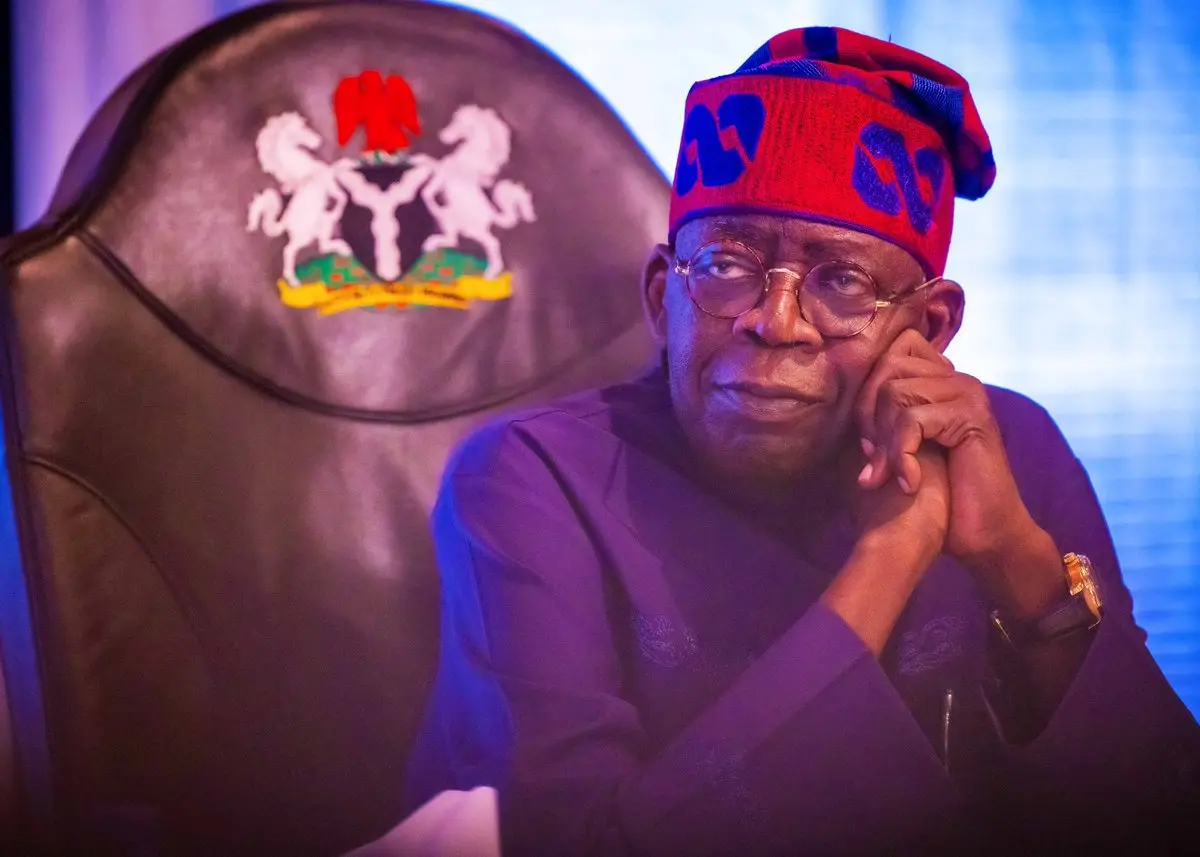N8,000 monthly palliative not enough
Sharing N8,000 for six months to 12 million out of 200 million Nigerians cannot mitigate the poverty ravaging the country after the fuel subsidy r…

President Bola Ahmed Tinubu
Sharing N8,000 for six months to 12 million out of 200 million Nigerians cannot mitigate the poverty ravaging the country after the fuel subsidy removal, while the N70 billion meant for the National Assembly members indicates that the poor are sacrificing for Nigerian politicians.
Concerned leaders in the world reduce their salaries to improve governance. In 2015, former President Muhammadu Buhari, his vice and some governors cut their salaries by 50 per cent and, to reduce governance costs, the government merged some ministries.
The First Lady of Nigeria, during the campaign, stated that her husband didn’t need Nigeria’s wealth, and with loans and economic meltdown killing Nigerians, not only the president but the National Assembly could also make sacrifices for Nigeria’s progress at this critical time.
With the poverty condition in Nigeria, N8,000 cannot make meaning to 12 million Nigerians because the previous government shared more palliatives, loans and free money but the index of poverty in Nigeria never declined. Why then are we repeating a mistake upon a mistake?
- NIGERIA DAILY: Should Traditional Rulers Have Constitutional Roles?
- Anambra woman arrested for beating mum
After Muhammadu Buhari’s government, Nigerians viewed palliatives as a way of aiding corruption rather than reducing poverty because it gives an opportunity for embezzlement.
Before fuel subsidy removal, many Nigerians and economists agreed that subsidy is only for the rich, now with the present sharing formula of the subsidy fund, it is clear that subsidy removal is for the politicians.
The Multidimensional Poverty Index survey in 2022 revealed that 63 per cent of Nigerians, approximately 133 million people, are multi-dimensionally poor. In 2022 also, the Statistician-General of the Federation said 130 million Nigerians were poor. The survey was carried out by the National Social Safety-Nets Coordinating Office (NASSCO), the United Nations Development Programme (UNDP), the United Nations Children’s Fund (UNICEF), and the Oxford Poverty and Human Development Initiative (OPHI).
While inflation keeps rising and the dollar exchange keeps dwindling to N800, after the subsidy removal, Nigerians face more hardship in 2023 than in 2022, with a crumbling economy, collapse of businesses and unemployment rate increase.
According to the United Nations High Commissioner for Refugees (UNHCR), in 2022 Nigeria had 3.2 million IDPs and 84,000 refugees, with 3.2 million internally displaced persons.
However, the Small and Medium Enterprises Development Agency of Nigeria (SMEDAN) estimated that over two million Small and Medium Enterprises collapsed between 2019 and 2021 across the 36 states including the FCT.
With all the challenges affecting Nigerians, N8,000 is nothing to reduce the poverty tempo in the country, rather the government should employ other strategies to create jobs for the people.
With a 22.22 per cent inflation rate, Nigerians need business funding, free or non-interest loans to help economic growth.
As Nigerians are suffering, unemployment is rising and poverty is flourishing, the best thing for the government to do is to create more jobs, increase the minimum wage, and inject funds into the 774 local governments of the country.
Injecting money for local government development will help reduce hardship in the rural areas; providing free medication of some specific diseases will also help the poor immensely but disbursing money is not the best palliative the poor needs.
Auwal Ahmed Ibrahim Goronyo is a lecturer at Kaduna Polytechnic [email protected]
